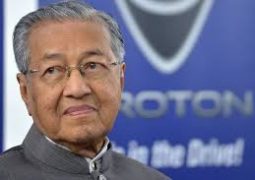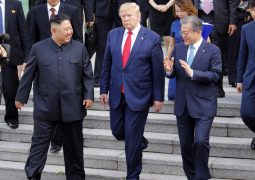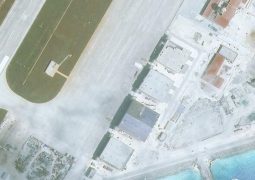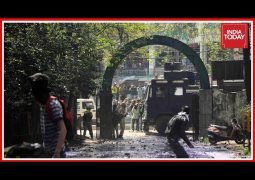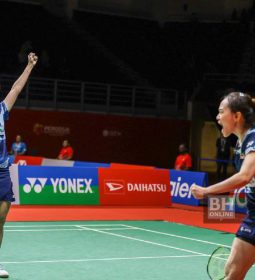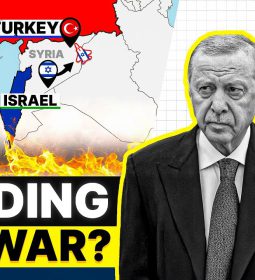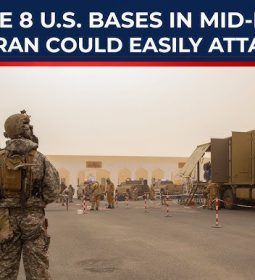Bangkok bomb trial of Chinese Uighurs begins after delays

The trial of two Chinese ethnic Uighur men suspected of carrying out a deadly bomb attack in Bangkok in 2015 began on Tuesday after three postponements due to defense lawyers being unable to find suitable interpreters for their clients.
Fourteen foreigners were among 20 people killed in the Aug. 17, 2015, bombing at Bangkok’s Erawan Shrine, the worst attack of its kind on Thai soil.
Yusufu Mieraili and Adem Karadag, also known as Bilal Mohammed, appeared at a military court in Bangkok dressed in brown prison uniforms. They face 10 charges, including murder and illegal possession of explosives.
Police say both men confessed to their roles in the blast. The pair deny the charges against them and have said they were coerced into confessing.
The Chinese embassy in Bangkok provided interpreters for the pair on Tuesday. However, both men rejected the interpreters in protest against Chinese treatment of Uighurs.
Uighurs, who are mostly Muslim, say they flee China’s western Xinjiang region due to persecution. Beijing rejects the claims.
Mieraili and Karadag stood at the dock to object to the appointment of the two interpreters, according to a Reuters reporter in the courtroom.
“I don’t need an interpreter from China because China does not respect Uighurs,” Mieraili told the court in English.
The court ruled the trial would proceed regardless.
“The court thinks these two interpreters are appropriate because they speak the Uighur language,” one of three judges overseeing the trial said.
“Today I will appoint both as interpreters and cross-examination will begin,” he said. The judges’ names were not made public for security reasons.
Analysts believe the bombing was in retaliation for the Thai junta’s forcible repatriation of 109 Uighurs to China weeks before the attack. Thai police say the bombing was revenge for a crackdown on human trafficking networks.
Choochart Kanpai, a lawyer for Karadag, said the trial would proceed even though his client was concerned about the interpreters.
“The defendants worry a bit because they are from Xinjiang and have friction with mainland China. But the interpreters seem okay,” Choochart told reporters, adding that he expects the trial to end in early 2018.
(This story has been refiled to make clear that the bombing was in August 2015, not three months ago)
(Reporting by Aukkarapon Niyomyat; Writing by Amy Sawitta Lefevre; Editing by Paul Tait)



